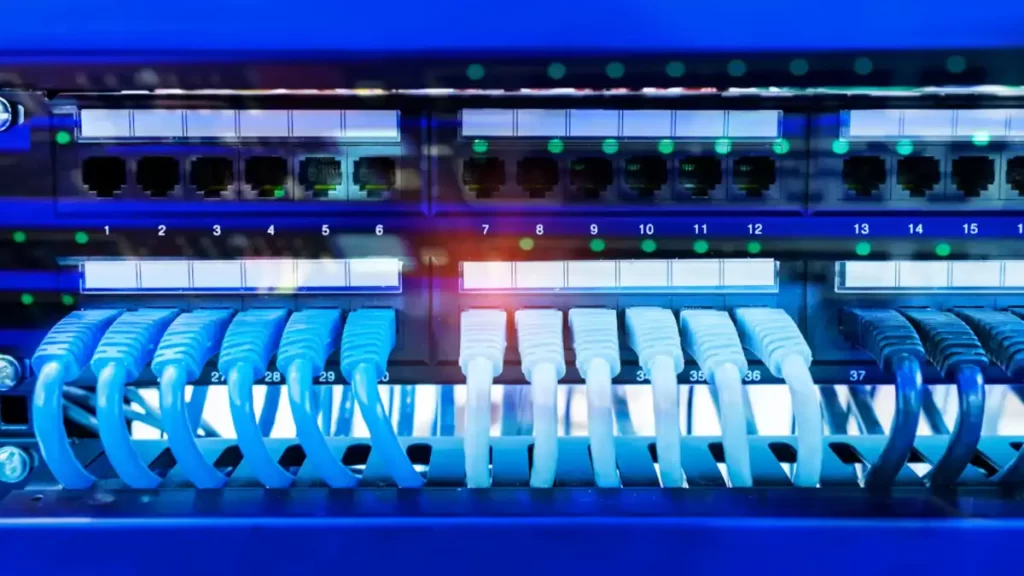The main difference between a Public IP Address and a Private IP Address is that public IP addresses are used to identify and locate devices on the internet, while private IP addresses are used to identify and locate devices on a private network.

While both types of addresses are used to identify and locate devices, there are some key differences between them:
Scope
Public IP addresses are used to identify devices on the internet, while private IP addresses are used to identify devices on a private network, such as a home network or corporate network. Public IP addresses are globally unique and can be accessed from anywhere on the internet, while private IP addresses are used only within the private network and are not directly accessible from the internet.
Assigned by
Public IP addresses are assigned by internet service providers (ISPs), while private IP addresses are typically assigned by network administrators or routers.
Range
Public IP addresses are assigned from a range of globally unique IP address blocks, while private IP addresses are typically assigned from a set of reserved IP address blocks that are not used on the public internet.
Use
Public IP addresses are used to identify devices that are directly connected to the internet, such as servers, routers, and computers. Private IP addresses are used to identify devices on a private network, such as computers, smartphones, and smart home devices.
Static or Dynamic
IP addresses can be either static or dynamic. Static public IP addresses are fixed and do not change, while dynamic public IP addresses are assigned by the ISP on a temporary basis and can change over time (see DHCP).
Public IP addresses are a crucial part of the internet’s infrastructure, as they allow devices to communicate with each other and access resources on the internet. They are used in a variety of applications, including web browsing, email, and online gaming.
Reserved IP blocks for private IP addresses
Private IP addresses are typically not accessible from the internet and are used only within the private network. Private IP addresses are assigned from a set of reserved IP address blocks that are not used on the public internet.
The following IP address blocks are reserved for private use:
- 10.0.0.0 to 10.255.255.255 (10/8 prefix)
- 172.16.0.0 to 172.31.255.255 (172.16/12 prefix)
- 192.168.0.0 to 192.168.255.255 (192.168/16 prefix)
These blocks contain a total of approximately 18 million private IP addresses. Network administrators can use these blocks to assign private IP addresses to devices on their networks. Private IP addresses are typically used in conjunction with network address translation (NAT) to allow devices on a private network to access the internet using a single public IP address.
It is important to note that these blocks are reserved for private use and are not used on the public internet. As a result, devices on a private network using private IP addresses cannot be directly accessed from the internet.
Learn more about IP Addresses in our main article about this topic.
